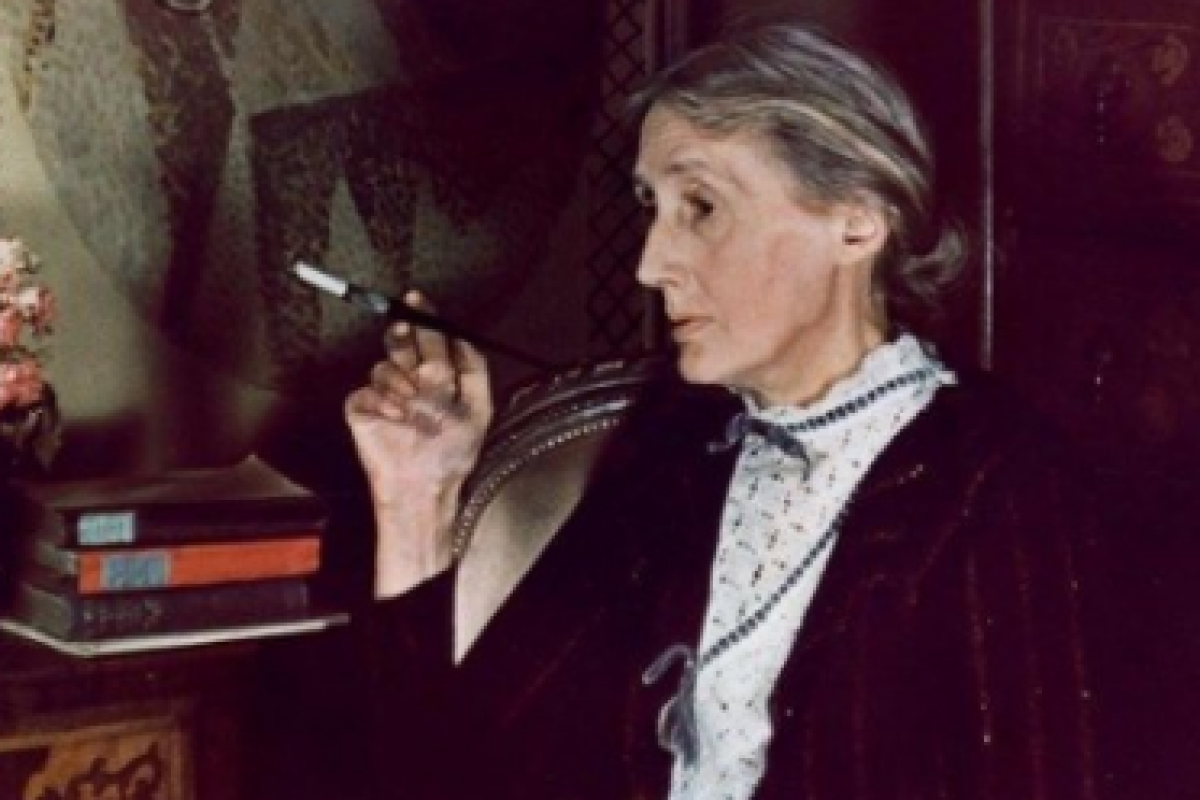An imagined conversation with an imaginary CEO…
How do you feel about change?
I love change. Change is at the heart of modern commerce. It’s our lifeblood.
I love change. Change is at the heart of modern commerce. It’s our lifeblood.
What about transformation?
‘Yes, our sector is unrecognisable compared to what it was ten, or even five, years ago. We’ve got to lead transformation in our own business and culture, so that we can be fit for the future.’
And disruption?
Well, you’ve got to crack a few eggs to make an omelette. It can be challenging, but we embrace disruptive technologies and processes wholeheartedly.
How do you feel about innovation?
Obviously we’re passionate about innovation. We have budgets, departments and job titles dedicated to it. We’ve got innovation funnels, innovation hubs and innovation centres. Innovation drives our competitive performance. It’s the basis for our future growth.
Tell me what you think about difference.
‘Well, we want to stand out from our competition. But we also want to recognise best practise and sector norms. Difference is a good thing. Within reason.'
OK. What about creativity?
To tell the truth we’re ambivalent about creativity. There’s no doubt that outstanding creative ideas can help sell things. But creativity can also be self indulgent, self regarding, ephemeral and uncertain. And creative people are obsessed with giving themselves awards.
So how do you feel about risk?
We try to minimise risk.
And, finally, mistakes?
We fire people who make mistakes.
This imagined conversation serves to illustrate a simple truth. We tend to have very different instinctive responses to words like ‘change’, ‘transformation’, ‘innovation’, ’difference’, ‘creativity’ and ‘risk’. But actually these words sleep together at night. They are conceptual bedfellows.
Creativity is a synonym for innovation, invention and transformation. Creativity is a means of managing difference, designing change; it’s a form of risk management. You can’t have change without disruption; you can’t have transformation without risk; and you can’t reinvent the future without making the occasional mistake!
We just feel better about some ‘change words’ than others, even when they’re semantically adjacent.
‘Words, English words, are full of echoes, memories, associations – naturally. They’ve been out and about, on people’s lips, in their houses, in the streets, in the fields, for so many centuries. And that is one of the chief difficulties in writing them today – they’re stored with other meanings, with other memories, and they have contracted so many famous marriages in the past.’
- Virginia Woolf, On Craftsmanship, BBC 1937
So what’s going on here?
Firstly I think in the corporate world we freely use ‘positive words’ like ‘transformation’ and ‘innovation’ in order to indicate our progressive, modern leadership style. But we shy away from a proper engagement with ‘negative words’ like ‘risk’ and ‘mistakes’.
We don’t like the suggestion that commercial success is a calculated risk, because we don’t like to accommodate the prospect of failure. It offends our faith in optimism and positive thinking. In this respect we do ourselves a disservice. It’s like talking about rights without recognising responsibilities.
We also feel more comfortable characterising business as a management and marketing science that can be measured, predicted, controlled. So we prefer ‘hard words’ to ‘soft words’. We don’t really like the notion that there might be an ‘art’ to business; that there is a creative, anarchic, unruly component to growth.
And we are particularly cautious around the word ‘creativity’.
Creativity belongs in Pandora’s box, along with art and Bohemia and adolescent paintings of Coke cans; along with hirsute cyclists of dubious politics and personal hygiene; along with an excess of emotion and a scarcity of common sense. Creativity is all about soft sell and soft options, not hard data and hard facts.
I wonder if we in the creative businesses have chosen the wrong word. Would we fare better if we were called ‘change managers’ or ‘commercial disruptors’? Would our expertise be more highly regarded if we were ‘innovation scientists’? Would we sit at the mythical ‘high table’ if our chair said ‘transformation consultants’?
There’s an irony here. In the Age of Technology, when the imperative is constant change, there is a greater need than ever for creativity: to precipitate fresh behaviours and beliefs; to inspire reinvention, restructure and transformation.
Creative thinking generates the new: new products and services, new routes to market, new audiences, new technologies, new categories, new experiences. Creativity creates value.
But will industry ever wholeheartedly embrace that word?
I doubt it.
It’s a shame. Because ‘creativity’ is our word. It’s the word that brought us into the business, the word we rally round, the word we’re proud of. Because the alternatives seem so unattractive.
Because words don’t come easy…
Jim Carroll is a long serving strategist and former chairman of BBH. One of our newest bloggers, Jim will be writing for The Marketing Society regularly. Read more in our Clubhouse.
